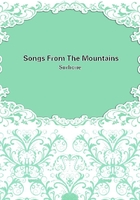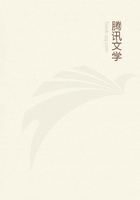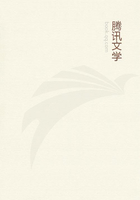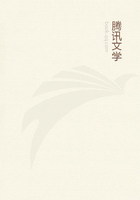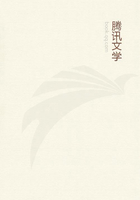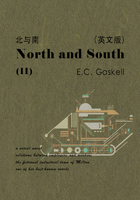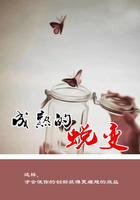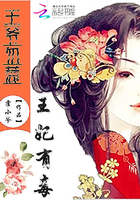We have in a libel, 1st. The writing. 2nd. The communication, called by the lawyers the publication. 3rd. The application to persons and facts. 4th. The intent and tendency. 5th. The matter--diminution of fame. The law presumptions on all these are in the communication. No intent can, make a defamatory publication good, nothing can make it have a good tendency; truth is not pleadable. Taken juridically, the foundation of these law presumptions is not unjust; taken constitutionally, they are ruinous, and tend to the total suppression of all publication. If juries are confined to the fact, no writing which censures, however justly, or however temperately, the conduct of administration, can be unpunished. Therefore, if the intent and tendency be left to the judge, as legal conclusions growing from the fact, you may depend upon it you can have no public discussion of a public measure, which is a point which even those who are most offended with the licentiousness of the press (and it is very exorbitant, very provoking) will hardly contend for.
So far as to the first opinion, that the doctrine is right and needs no alteration. 2nd. The next is, that it is wrong, but that we are not in a condition to help it. I admit, it is true, that there are cases of a nature so delicate and complicated, that an Act of Parliament on the subject may become a matter of great difficulty.
It sometimes cannot define with exactness, because the subject-matter will not bear an exact definition. It may seem to take away everything which it does not positively establish, and this might be inconvenient; or it may seem vice versa to establish everything which it does not expressly take away. It may be more advisable to leave such matters to the enlightened discretion of a judge, awed by a censorial House of Commons. But then it rests upon those who object to a legislative interposition to prove these inconveniences in the particular case before them. For it would be a most dangerous, as it is a most idle and most groundless, conceit to assume as a general principle, that the rights and liberties of the subject are impaired by the care and attention of the legislature to secure them. If so, very ill would the purchase of Magna Charta have merited the deluge of blood, which was shed in order to have the body of English privileges defined by a positive written law.
This charter, the inestimable monument of English freedom, so long the boast and glory of this nation, would have been at once an instrument of our servitude, and a monument of our folly, if this principle were true. The thirty four confirmations would have been only so many repetitions of their absurdity, so many new links in the chain, and so many invalidations of their right.
You cannot open your statute book without seeing positive provisions relative to every right of the subject. This business of juries is the subject of not fewer than a dozen. To suppose that juries are something innate in the Constitution of Great Britain, that they have jumped, like Minerva, out of the head of Jove in complete armour, is a weak fancy, supported neither by precedent nor by reason. Whatever is most ancient and venerable in our Constitution, royal prerogative, privileges of parliament, rights of elections, authority of courts, juries, must have been modelled according to the occasion. I spare your patience, and I pay a compliment to your understanding, in not attempting to prove that anything so elaborate and artificial as a jury was not the work of chance, but a matter of institution, brought to its present state by the joint efforts of legislative authority and juridical prudence. It need not be ashamed of being (what in many parts of it at least it is) the offspring of an Act of Parliament, unless it is a shame for our laws to be the results of our legislature. Juries, which sensitively shrank from the rude touch of parliamentary remedy, have been the subject of not fewer than, I think, forty-three Acts of Parliament, in which they have been changed with all the authority of a creator over its creature, from Magna Charta to the great alterations which were made in the 29th of George II.
To talk of this matter in any other way is to turn a rational principle into an idle and vulgar superstition, like the antiquary, Dr. Woodward, who trembled to have his shield scoured, for fear it should be discovered to be no better than an old pot-lid. This species of tenderness to a jury puts me in mind of a gentleman of good condition, who had been reduced to great poverty and distress; application was made to some rich fellows in his neighbourhood to give him some assistance; but they begged to be excused for fear of affronting a person of his high birth; and so the poor gentleman was left to starve out of pure respect to the antiquity of his family.

